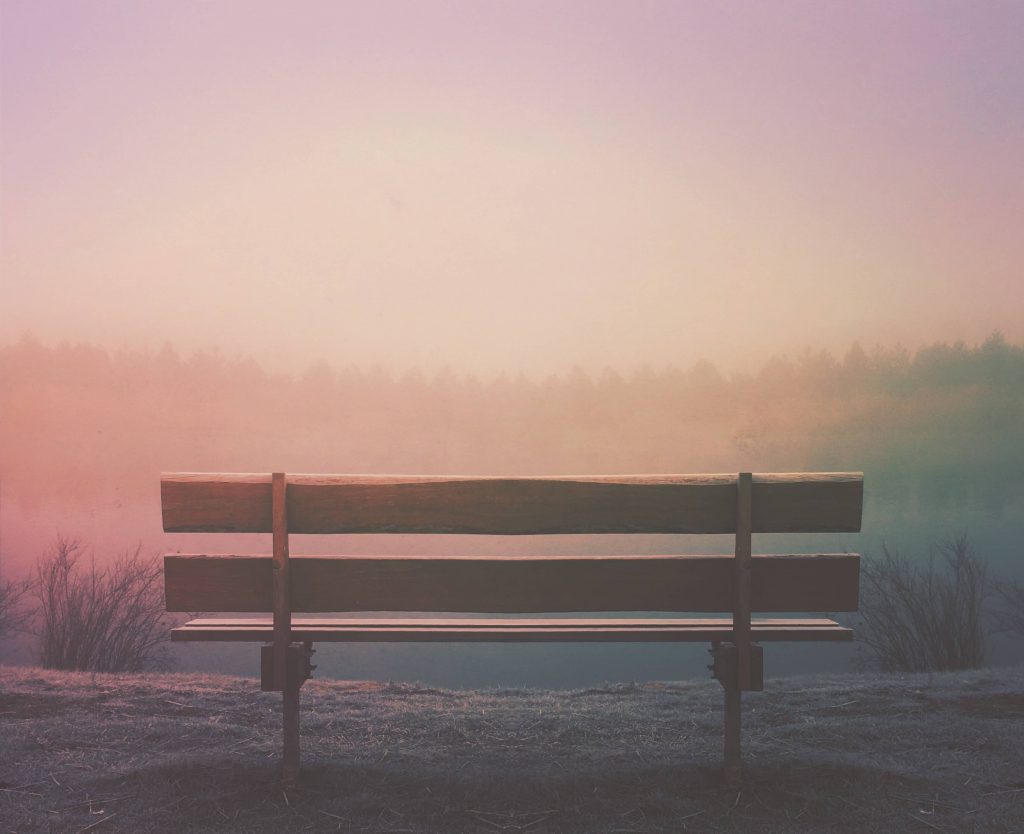On the wall in my office I have a framed print that says “Work Hard Rest Often.” It’s there as a reminder for me and anyone else who needs it—it’s behind me and visible anytime I’m on a Zoom video call.
It’s a mandate that I take seriously. I don’t work on the weekends. I take a nap almost every day. I go to bed at a reasonable hour every night (sometimes even as early as 8 p.m.). And I just got back from a week-long vacation to Lake Tahoe with my family.
Let’s be real: trips with family don’t always qualify as “vacation.” Especially when you’re used to life with just your husband and cat, and now you’ve signed up for a week in a creaky cabin with five other adults, a four-month-old, and a dog. Even though the four-month-old is the cutest thing you’ve ever seen (my niece), the set up isn’t exactly the most restful arrangement.
That said, it was still an entire week with (a) no Instagram, (b) no computer, (c) no email, (d) no Slack notifications, and (e) no Zoom. I even read two whole books.
Look, regardless of whether you take a full on vacation, the point is that making time to rest is essential.
It’s essential not only to our physical wellness but also to our creative wellness. Put another way: You won’t be able to write, or at least not well, unless you are taking time to rest.
This is not rocket science. You know how poorly you function as an employee, (or as a parent, friend, spouse) when you are running on fumes. If those areas of your life suffer when you are not well rested, then OF COURSE your writing life will also suffer.
The problem is, when it comes to our writing (and many other things in our life), we think we can simply power through. Oh, I’ll just down another cup of coffee (or Red Bull, if that’s your thing), and that will give me another two hours of productivity.
News flash: even our technology devices need rest. Have you ever kept your laptop running for days on end? Instead of powering down, you just put it to sleep by closing the top. Overnight even. So the next morning, all you have to do is tap a key or move the mouse to dive right back in where you left off. Except after a week of this, do you notice that the machine gets a little sluggish? Maybe the fan kicks on because it’s been running nonstop for eight or nine or ten days straight?
Yeah, that’s because you haven’t turned the motor off to let it REST.
Just like your laptop, if you never let your body shut down to rest, you will also get sluggish. Or worse.
When I talk about resting, it’s not just a once-a-year vacation kind of resting. It’s a boundary-setting-no-saying-work-quitting-by-a-certain-time kind of resting.
I take the “rest often” mandate seriously, remember?
But it wasn’t always like this for me, and it certainly didn’t come easily.
I used to force myself to keep going, to “power through,” to pull all-nighters when (I thought) it was necessary. I felt like there was always more to do, and hated the feeling of things left undone. I would tell myself, just a little longer, just a little more, and I’ll get it all done. But guess what?
The only time there truly is nothing to do is when I give myself permission to stop doing.
Can it wait until tomorrow, so that I can stop working today? Yes.
Can it wait until next week, so that I can take the weekend off? Yes.
Can it wait until the week after next, so that I can go on vacation? Yes.
Give yourself permission to stop doing and to start resting.
Your writing will benefit, and so will every other aspect of your life.

